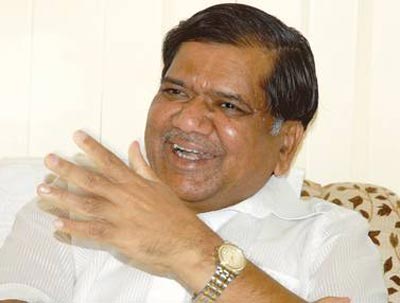Hubballi, Jul 17: Senior BJP leader Jagadish Shettar on Sunday said that with Assembly elections round the corner, Chief Minister Siddaramaiah has now realised that he is a Hindu.
Reacting to a statement made by the chief minister at a rally in Mysuru on Saturday that he too is a Hindu, Shettar said that for first time Siddaramaiah has realised that he is a Hindu. All these days, he claimed to be a member of Ahinda (Kannada acronym for minorities, backward classes and Dalits). As he could not do much for the backward communities during his tenure, he is now claiming to be a Hindu. The assertion is just the vote bank politics of Congress leaders, whereas BJP leaders say it with pride that they are Hindus, he said.
When asked why BJP leaders are ‘instigating’ communal violence in Dakshina Kannada by making provocative statements, Shettar, who is the Leader of the Opposition in the Legislative Assembly, said BJP leaders are not instigating people but only outpouring their emotions.
“What can one do when the Congress government is hell bent on arresting Hindu workers for political reasons,” he asked and added that the government wants to instil fear in RSS/BJP workers by slapping false cases against them or allowing miscreants to murder Hindu workers.
Answering a question on the special treatment in jails for some convicts, Shettar said that there is a need for judicial enquiry into the issue to bring out the truth. “Every day reports on the situation in jails are presenting a sorry picture of our police system. Finding drugs, alcohol and other banned substances in jails, along with special treatment to convicts, shows that something is not right in prisons. This situation is not just limited to Bengaluru Central Prison at Parappana Agrahara but is prevalent in all the jails across the state,” he said.
The former chief minister said only a judicial enquiry could throw light on the issue and, strict action must be taken against all those involved in irregularities.
“Issuing of notice to Deputy Inspector General of Police (Prisons) D Roopa shows the Congress’ mindset of harassing honest officials and protecting criminals,” he said.




Comments
high command unhappy ! why? this flag not made by siddu ,high command should stay away from this issue,
I'm from ramdug dist=belagavi I have already applied for this scholarship and where to give the forms in belagavi
Add new comment